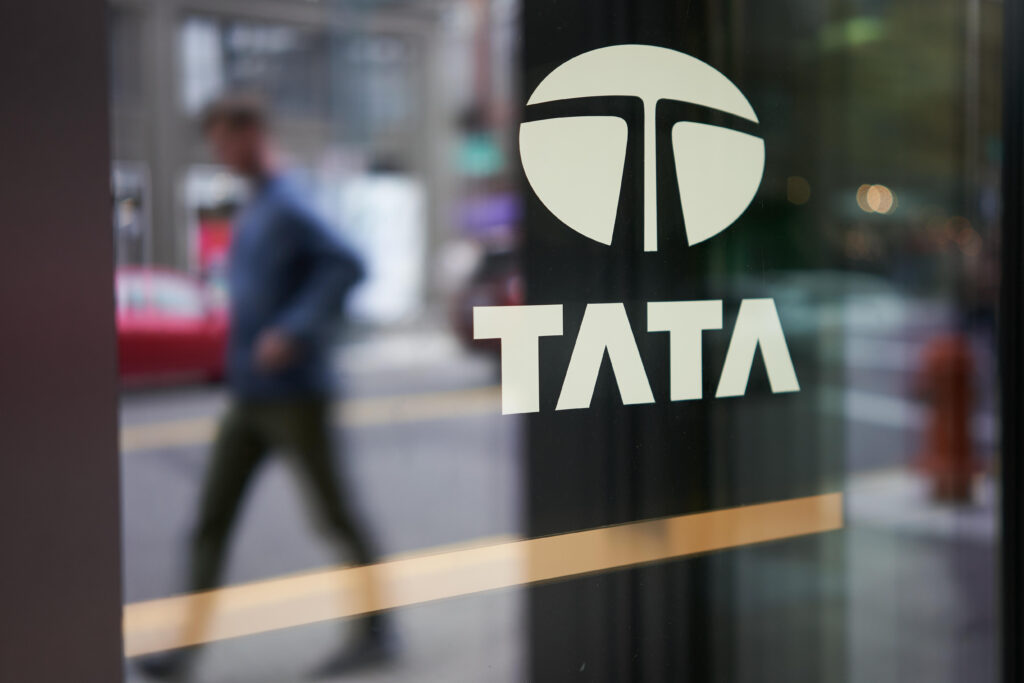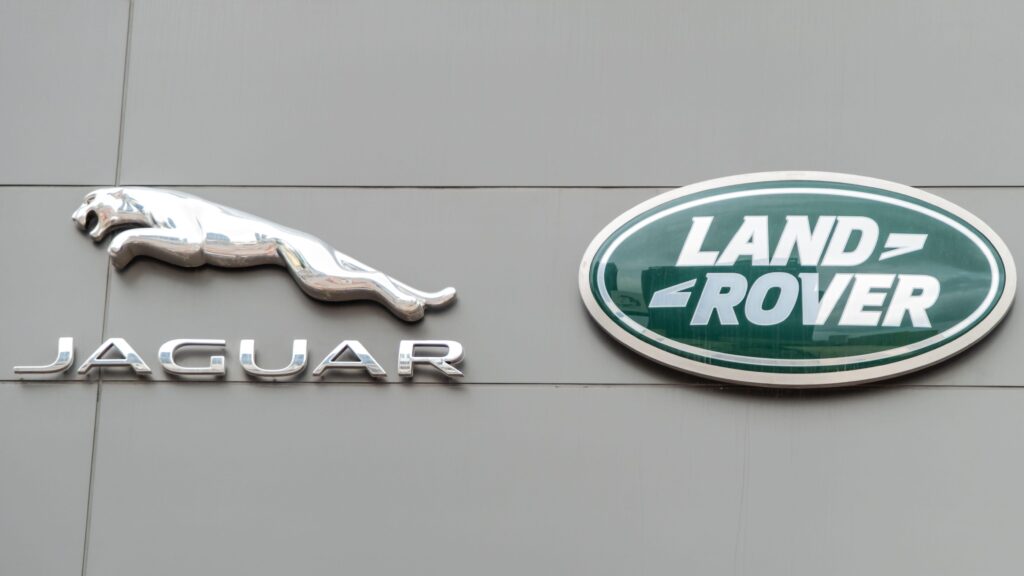
India’s Tata Group, which owns British luxury car brands Jaguar and Land Rover, will build an electric vehicle battery plant worth £4 billion in the UK.Tata Group said it will establish its first overseas Gigafactory in the UK to directly create up to 4,000 jobs and have the ability to produce 4,000 gigawatts per year, AFP and AP reported. Indian conglomerate Tata Group, which has entered various sectors such as automobiles, steel, hotels, software, and aviation, has been weighing up Somerset in Spain and southwestern England to build battery plants for supplying Jaguar and Land Rover electric vehicles.British Prime Minister Rishi Sunak did not disclose how much financial support the Tata Group promised to choose the UK rather than Spain, but the BBC reported that it would provide hundreds of millions of pounds worth of subsidies.”Tata Group’s multi-billion pound investment in the establishment of a new battery plant in the UK is evidence of the strength of our car manufacturing industry,” Sunak said in a statement. Jaguar and Land Rover, acquired by Tata Group in 2008, are pushing for an ambitious electric conversion plan to become an electric vehicle-oriented car brand.By 2030, 60% of all Jaguar models and Land Rover vehicles will be equipped with pure electric power. At the same time, it plans to invest about 25 trillion won over the next five years to convert its Halewood plant in the UK into a manufacturing facility exclusively for electric vehicles.

The battery plant to be built in Somerset, England, is scheduled to start operations in 2026. Tata Group’s plan is to supply batteries produced here not only to Jaguar and Land Rover but also to other brands. Reuters evaluated that Tata Group’s decision will empower Britain, which lags behind the European Union (EU) in terms of building electric vehicle battery facilities.Britain has expressed concern about the U.S. Inflation Reduction Act (IRA), which has promised huge subsidies to green industries.In addition, producing electric vehicle batteries in the UK will lower the tariff burden on British automakers due to the UK’s exit from the EU (Brexit). The British auto industry has been under pressure to procure parts locally to avoid tariffs between the UK and the EU, which will be imposed from next year.
In fact, automaker Stellantis also warned that thousands of jobs would be lost and factories would have to close if faced with tariff burdens. In this regard, the British government is also reportedly in talks with the EU to ease the trade regulations.Tata Group’s decision is expected to ease the burden on Prime Minister Sunak. The Sunak government has proposed several “net zero” (net zero carbon emissions) goals, including a ban on the sale of internal combustion engine cars such as gasoline and diesel from 2030.Darren Jones, chairman of the UK Parliament’s Business Committee, said: “We very much welcome the decision to invest in battery production in the UK.
JULIE KIM
US ASIA JOURNAL



